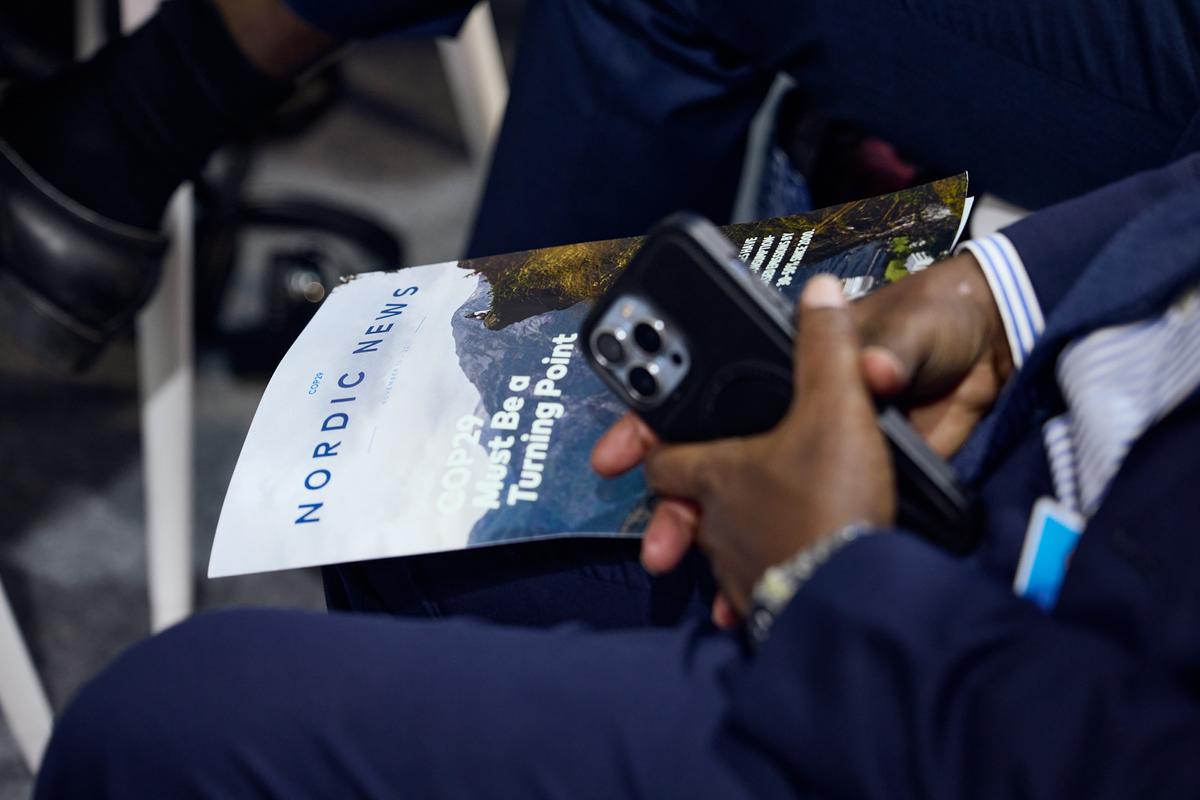Are you interested in educational collaboration and exchange in the Nordic-Baltic region? Please subscribe to our newsletter and receive all the information you need about Nordplus.
Application round 2026 is open
Submit your application between November 3 and February 2 23:59 CET.
ApplyNordplus newsletter

Nordplus in numbers
A quick look at our statistics for 2025
609
Total of applications
326
Total of applications granted
3612
Total of organisations who applied